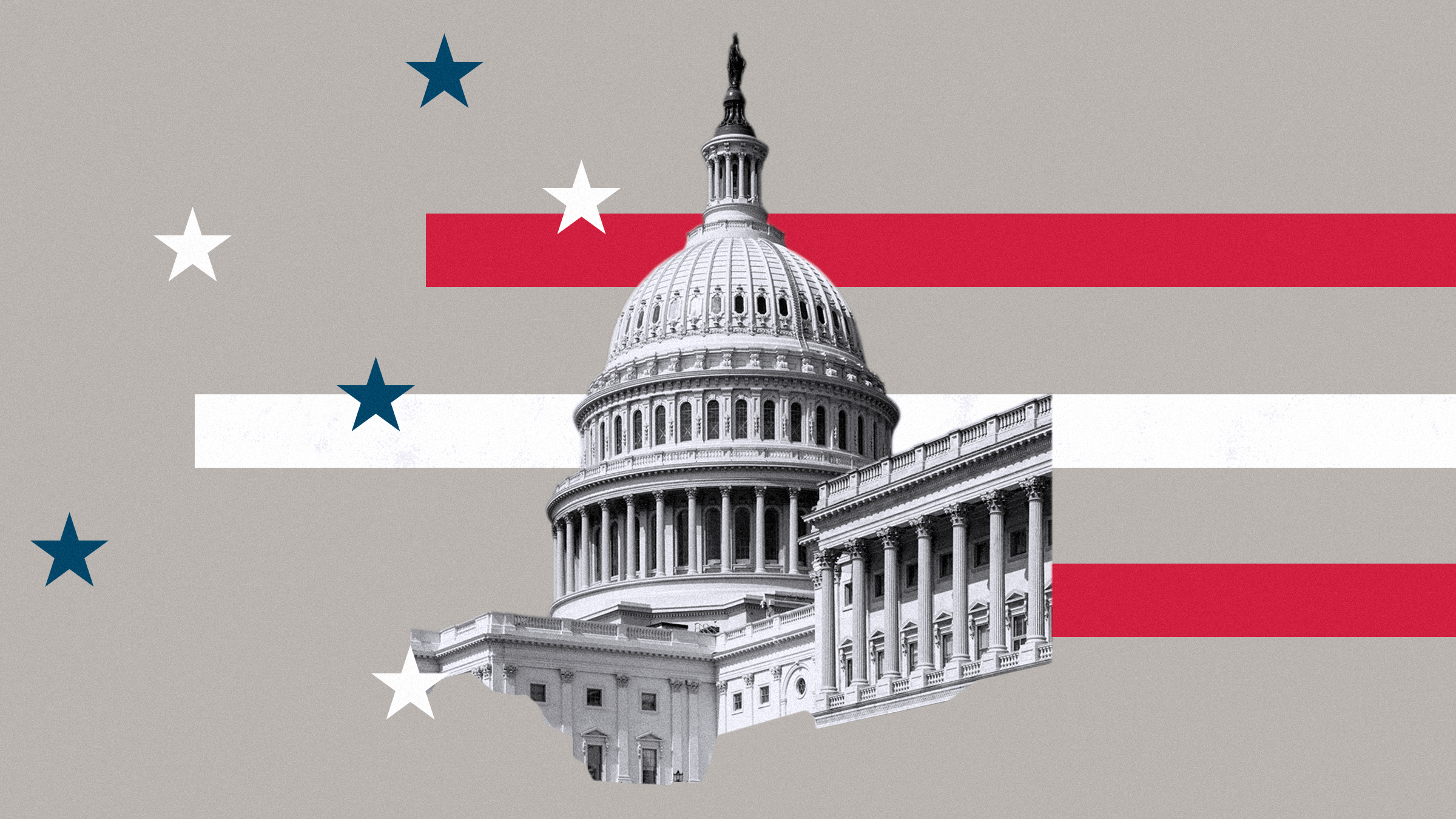How to Talk to Your Clients About the Election
Communication with clients is crucial during election cycles to ease financial anxieties.

Talking to your clients about the upcoming election does not mean you should talk about politics or predict the outcome. It means talking to them about how the election might affect their finances. Because election cycles and potentially changing tax laws can have a significant impact on stock prices and investment performance, it’s your job as a financial advisor to guide your clients through the ups and downs.
This article offers practical strategies and insights to help you effectively communicate with your clients and mitigate their instincts to react. By understanding the key factors at play and adopting a proactive approach, you can foster trust, relieve anxiety, and position your clients for long-term success.
Understanding the Impact of Elections on Markets
Elections can introduce significant uncertainty into the financial markets. Political positioning, policy proposals, and the potential for changes in government can lead to actual and perceived risks and opportunities. Investors reacting to these risks and opportunities can cause temporary volatility in the markets. The key factors contributing to election-related volatility include:
- Policy uncertainty: A new administration and changing seats in the House and Senate present the potential for drastic changes in economic policies, creating market uncertainty.
- Market sentiment: Investor sentiment can be significantly influenced by campaign rhetoric, media coverage, debates, and polling data.
- Economic indicators: The performance of the economy leading up to an election can also have an impact on market volatility at election time. Strong economic data may boost investor confidence, while weak indicators can create concerns about the future.
Advisors should be in touch with clients periodically during the election cycle. Informing them of the potential for volatility and the impact their reactions could have on their portfolios is key to avoiding problems down the road.
How Tax Law Changes Can Influence Investing
Changes in tax laws can also have a huge impact on investment decisions and strategies. Understanding the potential implications is crucial for advisors to guide their clients. Changes to individual or corporate tax rates, capital gains, deductions, or even estate taxes can affect aftertax returns and long-term investment strategies.
One significant factor that could be influenced by the outcome of the next election is the impending expiration of the Tax Cuts and Jobs Act of 2017. This act, which provided significant tax breaks for corporations and high-earning individuals, is set to expire at the end of 2025. A Republican majority would likely extend or expand these tax breaks, while a Democratic majority would likely rein in these breaks. Note that for either of these situations to occur, both the House and Senate must agree (and the president must sign it into law). If no agreement can be made, these provisions will automatically expire, bringing pre-2018 tax law back into reality.
Under a Trump administration (and a Republican Congress), the following tax policies would likely occur:
- The cuts provided in the Tax Cuts and Jobs Act would be made permanent.
- Tips and bonuses would be exempt from income tax.
- The corporate tax rate would be lowered to 20% from 21%.
- Social Security benefits would be exempt from taxation.
- Tariffs would be increased on all imported goods to 10%-20%, and goods imported from China would be subject to a 60% tariff.
Under a Harris administration (and Democratic Congress), tax policies would likely be the following:
- The cuts provided in the Tax Cuts and Jobs Act would be extended only for those making under $400,000 per year.
- Tips would be exempt from income tax.
- The top individual tax rate would be increased to 39.6% on income over $400,000 for singles and $450,000 for married taxpayers.
- The Medicare surtax would increase from 3.8% to 5%.
- Taxpayers worth more than $100 million would pay a minimum tax of 25% on their income, plus unrealized capital gains.
- The corporate tax rate would increase to 28%.
- Capital gains would be taxed at ordinary rates for taxpayers making more than $1 million.
- Current tariff levels would be maintained, with additional tariffs on steel and aluminum imported from China or Mexico.
Therefore, at this point, post-2025 tax laws could mean:
- Higher or lower individual tax rates.
- Greater or reduced itemized deductions.
- Higher or lower corporate tax rates.
- Higher or lower capital gains rates.
- Higher or lower estate-tax exemption.
Given the range of possibilities, there is no practical way of advising clients at this point. However, advisors should let their clients know that they are following the proposals and will be ready to provide advice when appropriate. The good news is that there will likely not be any major tax law changes until after 2024. This means that advisors can wait to strategize on potential changes until after the election.
The Importance of Proactive Communication
Proactive communication with clients is crucial during election cycles to help them deal with uncertainty and maintain their investment strategies. Communicating with clients before they are tempted to make a bad move is one of the primary values advisors bring to the table. In addition to helping clients make improved investment decisions, communication can reduce client anxiety as well as build stronger relationships between advisors and clients.
The author or authors do not own shares in any securities mentioned in this article. Find out about Morningstar’s editorial policies.
The opinions expressed here are the author’s. Morningstar values diversity of thought and publishes a broad range of viewpoints.

/s3.amazonaws.com/arc-authors/morningstar/256953a9-ba08-4920-baa8-ccdc229ed9f9.jpg)
/cloudfront-us-east-1.images.arcpublishing.com/morningstar/A5UY22L42ZASPAW6OW75IQHR2U.png)
/cloudfront-us-east-1.images.arcpublishing.com/morningstar/GQNJPRNPINBIJGIQBSKECS3VNQ.jpg)
/cloudfront-us-east-1.images.arcpublishing.com/morningstar/SRXFRUTTFZGPPK6U6Y5EG4WGMY.png)
:quality(80)/s3.amazonaws.com/arc-authors/morningstar/256953a9-ba08-4920-baa8-ccdc229ed9f9.jpg)